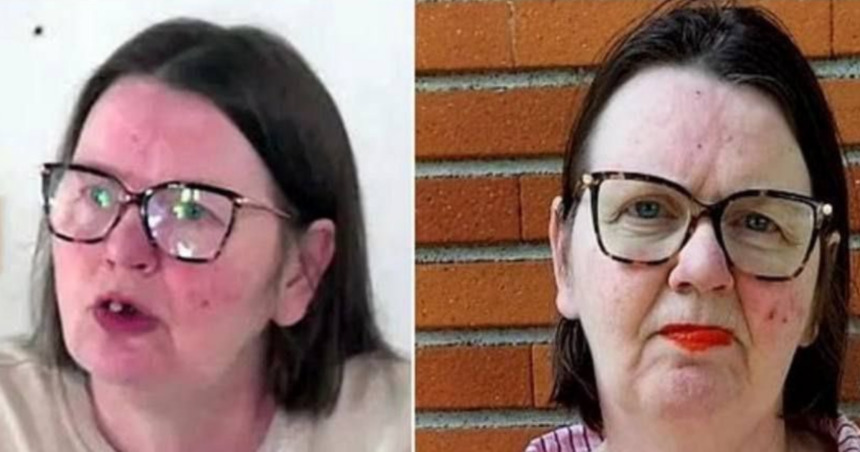It sounds strange that immigrants are enjoying themselves under Donald Trump’s leadership, and several recent examples support this claim. According to reports, the immigrants are being detained in a federal building in downtown Manhattan and are being treated in ways that are simply inhumane. They are not even given the opportunity to meet their basic needs, such as having enough food, mattresses for a good night’s sleep, or even soap or toothbrushes.
After startling videos of the makeshift jail within 26 Federal Plaza went viral, the facility came under scrutiny. On the floor, dozens of men were huddled together, holding on to tiny foil blankets for warmth. The situation for women was similarly bad. According to one case, ladies who were menstruating were only allowed to share two menstrual products.
Breaking: ICE is running a detention facility on the 10th floor of 26 Federal Plaza, according to new footage. In this facility, inmates are detained for days or weeks at a time without access to showers, medication, or a change of clothes, sleeping on the floor, and receiving little to no outside food.
July 22, 2025, New York Immigration Coalition (NYIC) (@thenyic)
The details made me sick to my stomach. Detainees recalled eating what they called inedible slop while being made to put up with the horrific stench of sweat, urine, and feces. The reason was that people were forced to live in cramped quarters with exposed toilets for days at a time.
But when federal prosecutors, who were defending ICE, said that toothbrushes were too harmful to distribute, the fury escalated. The Manhattan U.S. Attorney’s office contended in a filing that detainees should use teeth-cleaning wipes instead of toothbrushes because they can easily be adapted as weapons. Considering that even prisoners at Brooklyn’s infamous Metropolitan Detention Center can purchase toothbrushes for about 85 cents, the allegation startled onlookers and provoked mockery.
The inmates’ attorneys quickly resisted, telling the judge that there was no justification for denying basic hygiene supplies to those held at 26 Federal Plaza. The confrontation in the courtroom compelled U.S. District Judge Lewis Kaplan to intervene. Kaplan ordered ICE to provide what he called the basic minimum after hearing testimony that inmates were not given mats, more than two meals a day, or even prescription medications.
According to his order, every prisoner must have a sleeping mat, soap, towels, toilet paper, and at least 50 square feet of area for movement. Additionally, access to prescribed medication and medical care must be ensured, or families must be permitted to administer it on their own. Kaplan went one step further and demanded that detainees be given the ability to call their attorneys in confidence, a privilege that had previously been denied to them. Following a series of incriminating films and legal actions by civil rights organizations, such as the American Civil Liberties Union, which have called the conditions at 26 Federal Plaza nothing less than barbaric, the order was issued.
What we’ve known all along is confirmed by leaked footage: Immigrants are being confined in cruel, overcrowded conditions at 26 Federal Plaza, a covert detention facility.To hide it, @DHSgov has been lying for months. We require answers. We want responsibility.Twitter: pic.twitter.com/1JK8HaNUm8
On July 22, 2025, Representative Nydia Velazquez (@NydiaVelazquez)
Not everyone is persuaded, though. Assistant Secretary of Public Affairs Tricia McLaughlin of the Department of Homeland Security dismissed the criticism. She said in a statement that 26 Federal Plaza serves as a processing center, where illegal aliens are briefly admitted before being transferred to an ICE detention facility that satisfies national standards for custody and care, which are typically superior to those of institutions that hold Americans.
However, the government’s protestations seem flimsy to those who have watched the films of refugees crammed into small spaces, made to sleep next to bathrooms, and deprived of their dignity. A judge has set a limit for the time being. However, the more significant question remains: why must the battle for fundamental human needs, such as a toothbrush, wind up in court?






